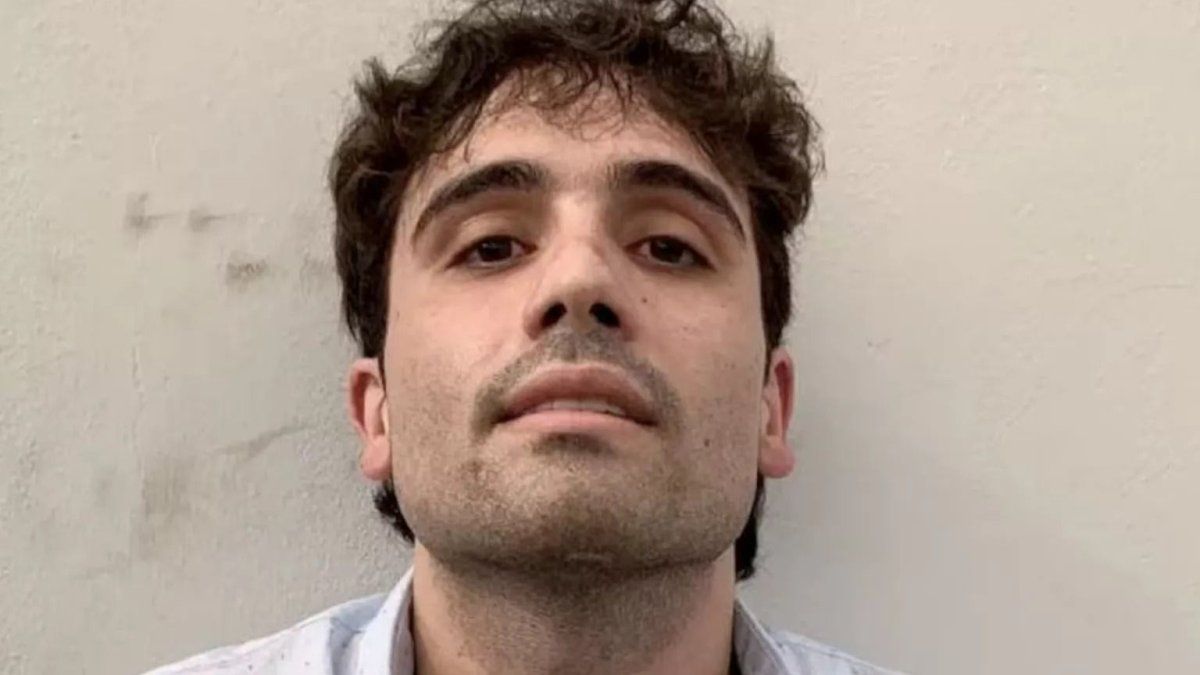The mutual blame game continues even after the many resignations at Thyssenkrupp Steel. Economics Minister Habeck is concerned and calls for constructive cooperation.
What’s next for Thyssenkrupp Steel, Germany’s largest steel manufacturer? How many of the 27,000 jobs will remain after the current crisis? The situation seems more complicated than ever after the resignations of board members and supervisory board members. However, important players did not tire of publicly blaming each other for the misery following the resignations. In an interview with the “Rheinische Post”, Federal Minister of Economics Robert Habeck called on employers and employees to work together sensibly and constructively.
What is it about? The loss-making steel division is to be restructured and made independent, among other things through the entry of Czech billionaire Daniel Kretinsky, who already holds a 20 percent stake. The extent of the restructuring and the financial resources provided by the parent company on the way to independence have been the subject of heated debate for weeks between the group’s management and the steel management. On Thursday it was announced that steel boss Bernhard Osburg, the production director and the human resources director are quitting and leaving the company with immediate effect.
Four Steel Supervisory Board members also announced that they would be resigning. Among them is the previous chairman, Sigmar Gabriel. In his last press conference as chief supervisor of the division on Thursday, he accused Thyssenkrupp CEO Miguel López of a defamation campaign against the steel board. He indirectly accused the chairman of the supervisory board of the parent company Thyssenkrupp, Siegfried Russwurm, of inaction.
Chief supervisor Russwurm makes serious allegations
He reacted promptly. On the evening of the resignations, Russwurm was still heavily critical of the management of the steel subsidiary. Despite all commendable efforts, the steel management has not been able to provide successful answers to the structural challenges of the steel business and its economic difficulties for years, Russwurm explained in a statement. The manager is also president of the Federation of German Industries (BDI).
“The weeks-long, public dismantling of the steel board by the CEO of Thyssenkrupp AG, Miguel López, was and is irresponsible,” said the chairman of the Thyssenkrupp AG works council, Tekin Nasikkol, on Friday. No one in the steel company could understand why the majority of the board was being replaced. This would mean losing expertise, integrity and a trusting working relationship.
Works council: Uncertainty is at its highest
The group’s top employee representative sees the future of the steel division in danger. “The uncertainty among the workforce is at its highest. The concern about their own future and that of the company is palpable everywhere,” said Nasikkol, who is also the head of the steel division’s general works council. Of the 27,000 employees, 13,000 work in Duisburg alone. The works council fears that the restructuring will “halve the steelworks” and lead to thousands of jobs being cut.
Habeck expressed his concern. “The situation at Thyssenkrupp has become very irreconcilable on all sides. This is not a good state of affairs,” he told the “Rheinische Post” (Saturday). “All those involved bear great responsibility for the employees and the locations of the traditional company and also for Germany as a steel location as a whole.” They must therefore ensure that the company quickly returns to calm and stable waters. The prerequisite for this is “not least a sensible and constructive cooperation between employers and employees.”
The dispute escalated after the steel board presented an internal plan for reducing capacity. This also included job cuts, although no details have been made public yet. As in the past, there were to be no redundancies. There were also plans to sell the Krupp Mannesmann steelworks in Duisburg, which employs a good 3,000 people and in which Steel owns half of the shares. However, the plans were too expensive for the AG board. López publicly accused the steel board of “whitewashing”. The dispute escalated for weeks and finally culminated in the resignations.
The situation is particularly worrying given the major challenges and projects, stressed Nasikkol. In this context, the works council referred to the construction of a direct reduction plant for more climate-friendly steel production, which has already begun. The plant will later be operated with climate-neutrally produced hydrogen and will replace a blast furnace. The federal government and the state of North Rhine-Westphalia are funding construction and operation with around two billion euros.
Habeck wants to continue the steel transformation
Habeck called for the subsidized ecological restructuring of the steel division to continue despite the current difficulties. “The federal and state governments have provided concrete support to secure the steel location in Duisburg and North Rhine-Westphalia.” However, companies must also do their part to ensure that the transformation succeeds and that sustainable steel production is secured in Germany as a business location.
After the resignations, the parent company announced that the remaining board members Dennis Grimm (technology) and Philipp Conze (finance) would continue to run the steel segment’s business. “The vacant positions will be filled in a structured process as soon as possible,” it said. The vacant departments will be divided up in the meantime. Grimm will take over the role of board spokesman. A decision will be made shortly on who will fill the vacant supervisory board seats and on who will succeed Sigmar Gabriel as chairman of the supervisory board.
Source: Stern




